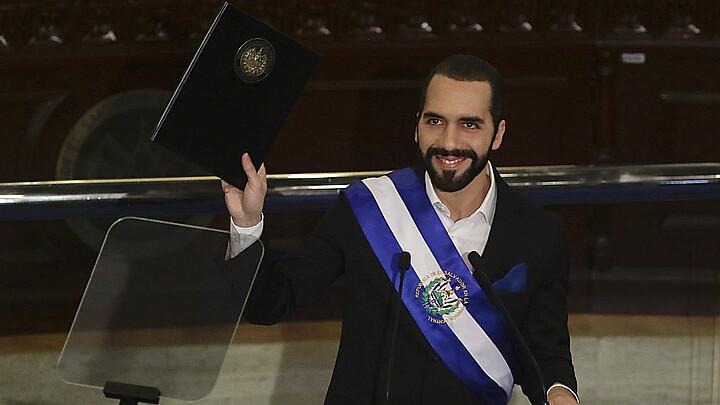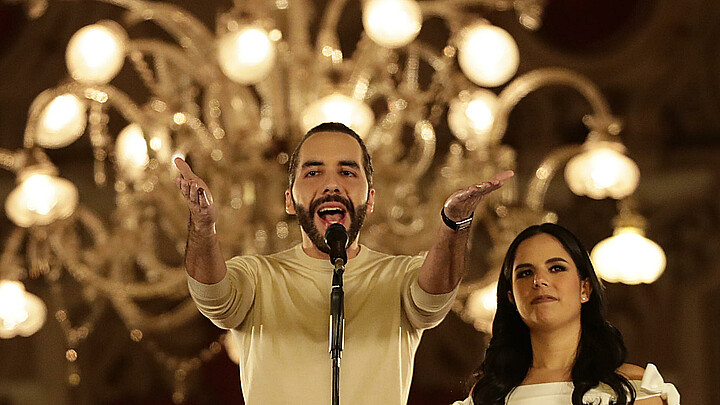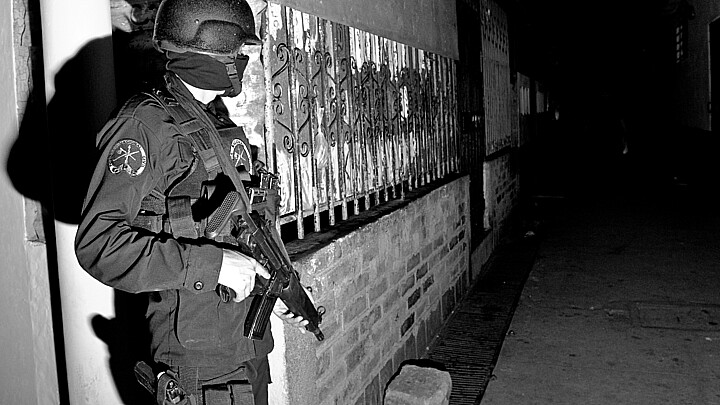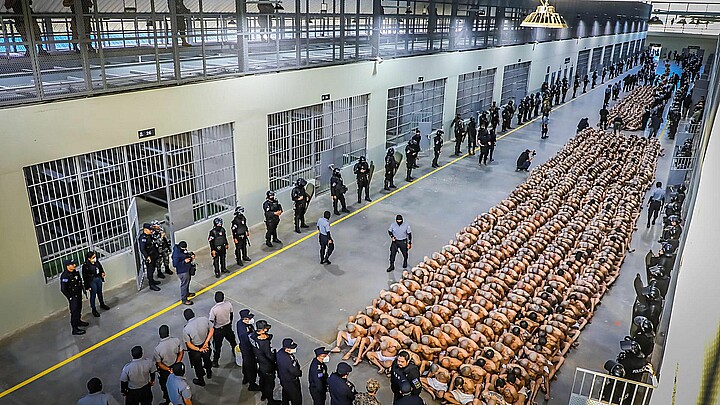Politics
El Salvador's Bukele registers for reelection in 2024 presidential race with 80% approval rate
Despite the decision, members of the opposition and constitutional lawyers claim that Bukele’s reelection would violate at least four articles of El Salvador’s constitution
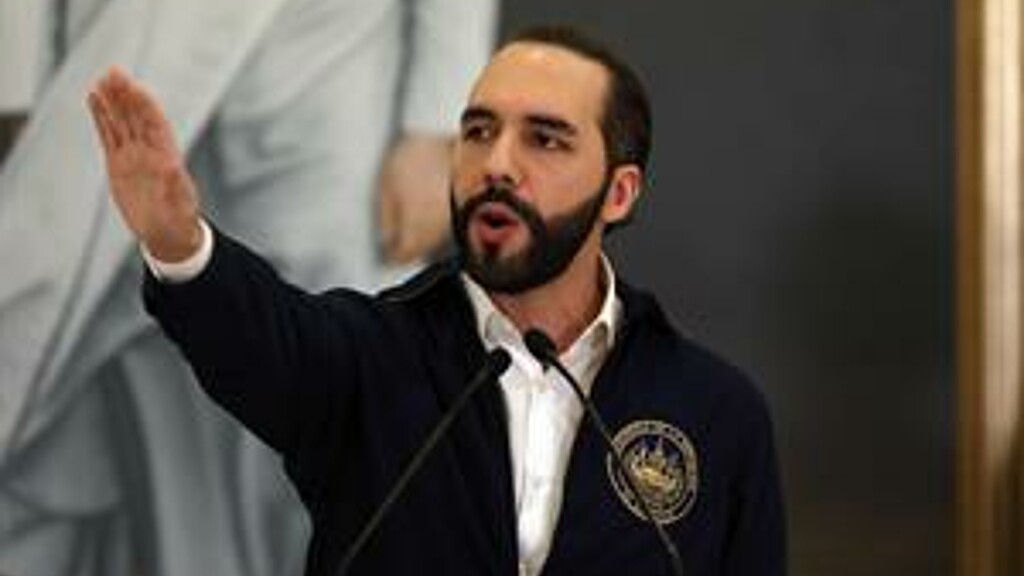
June 27, 2023 8:56am
Updated: June 27, 2023 8:56am
El Salvador President Nayib Bukele announced on Monday that he registered as a presidential candidate for the upcoming 2024 elections, despite a constitutional ban on re-elections and objections from members of the opposition.
Bukele’s party, New Ideas, announced his registration and that of Vice President Feliz Ulloa through a tweet on Monday.
“New Ideas are invincible,” the party wrote with the announcement.
In 2021, the Constitutional Chamber of the Supreme Court, which is made up of Bukele’s supporters in Congress, ruled that the president was allowed to run for reelection despite being prohibited by law that a president can be reelected immediately after serving office.
In light of the decision, Bukele, 41, announced in September of last year that he planned to pursue a second five-year term as president after his current term ended in 2024.
"Developed countries have re-election," Bukele said in an Independence Day speech live-streamed on public television and social media. "And thanks to the new configuration of the democratic institution of our country, now El Salvador will too."
Despite the decision, members of the opposition and constitutional lawyers claim that Bukele’s reelection would violate at least four articles of El Salvador’s constitution.
“The presidential term will be five years and will begin and end on June 1, without the person who has held the presidency being able to continue in their functions even one more day,” reads article 154, one of which would be violated by Bukele’s candidacy.
Bukele currently has an approval rating of over 80% in several polls due to his harsh crackdown on gangs in the country. Since March 27, more than 68,000 suspected gang members have been arrested under Bukele’s state of emergency.
However, his measures have been controversial among human rights groups, which have claimed that the measures are repressive and are leading to serious human rights violations.

